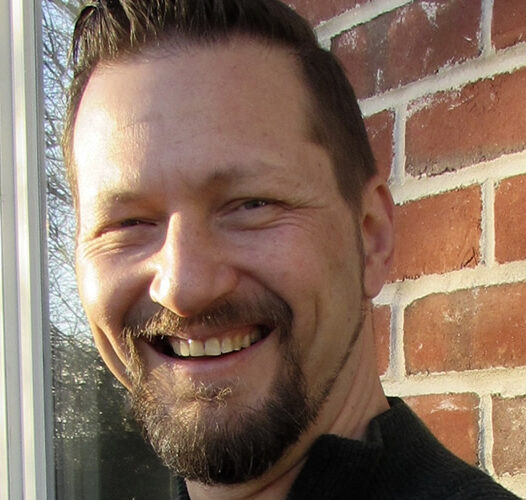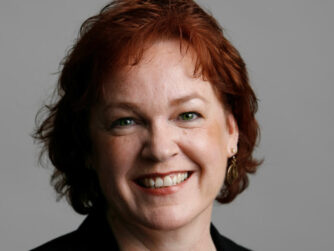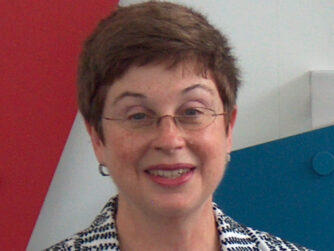Dr. Robert T. Muller
In this podcast, our guest Dr. Robert T. Muller describes his clinical work with individuals who have experienced trauma. He discusses why trauma survivors engage in avoidance within close relationships, why they use specific coping strategies, and challenges that can occur in psychotherapy. Using case examples, Dr. Muller illustrates several therapeutic approaches, techniques, and strategies that can be beneficial in work with trauma survivors and in promoting posttraumatic growth. He also compares his perspective to other forms of trauma work.
Robert T. Muller, PhD, trained at Harvard, was on faculty at the University of Massachusetts and is currently a professor at York University in Toronto. Dr. Muller is a Fellow of the International Society for the Study of Trauma & Dissociation (ISSTD) for his work on trauma treatment. He is author of “Trauma and the Struggle to Open Up” and “Trauma and the Avoidant Client.” And his mental health blog is entitled, “Talking about Trauma.” With over 25 years in the field, he practices and teaches in Toronto.
Interviewer: Caitlin Beck





